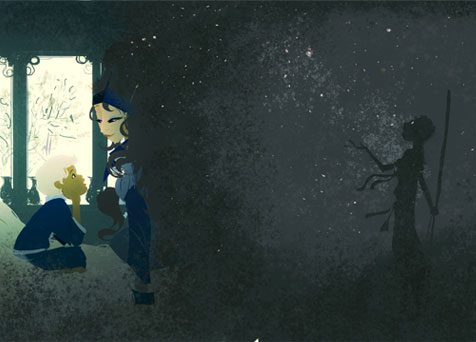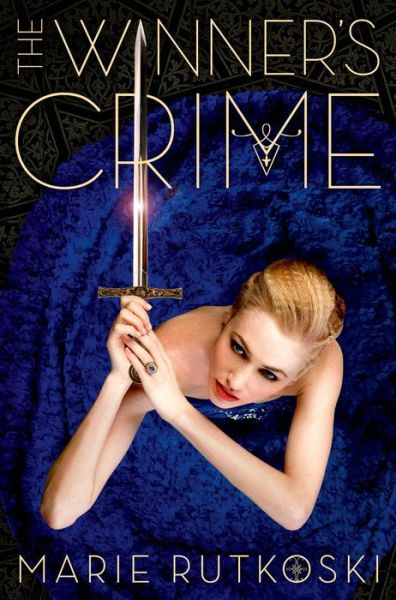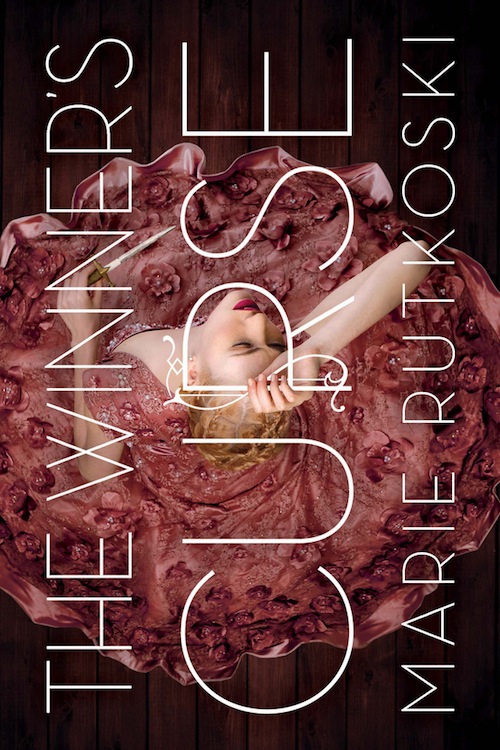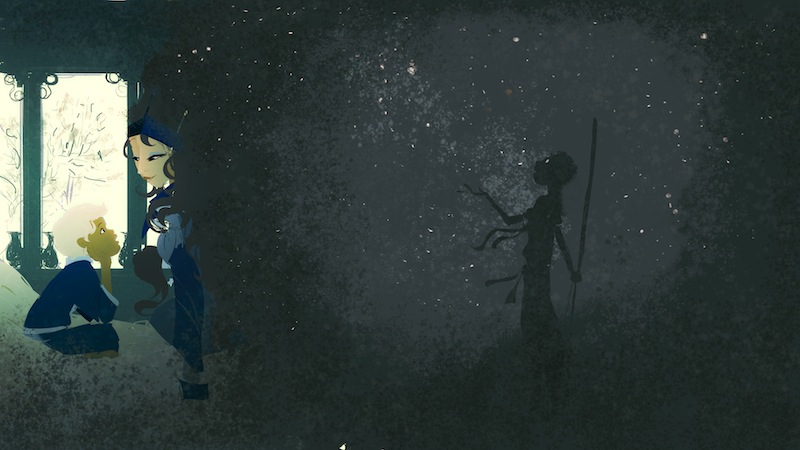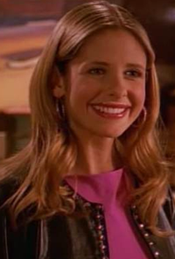Advertisement
Answering Your Questions About Reactor:
Right here.
Sign up for our weekly newsletter.
Everything in one handy email.
Read an Excerpt From Marie Rutoski’s The Midnight Lie
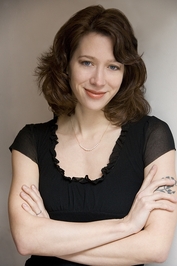
Marie Rutkoski
Marie Rutkoski
Marie Rutkoski is the author of the young adult fantasy novel THE CABINET OF WONDERS and its sequel, THE CELESTIAL GLOBE (published on April 12, 2010). Both books have received starred reviews from Publishers Weekly, which described the first novel as a "heady mix of history and enchantment." Her novels have been or will be published in eight languages. Marie holds a Ph.D. in English literature from Harvard University, and currently teaches as a professor of Renaissance drama, children's literature, and creative writing at Brooklyn College. She lives in New York City with her husband and son. You can visit her at marierutkoski.com.
Marie Rutkoski is the author of the YA novel The Shadow Society, and has also written the children's fantasy series The Kronos Chronicles, including The Cabinet of Wonders, The Celestial Globe and The Jewel of the Kalderash. The Cabinet of Wonders, her debut novel, was named an Indie Next Kids' List Great Read and a Bank Street Best Children's Book of the Year, among other honors. She usually lives in New York City with her husband and two sons, but she and her family are now living in Paris for the 2012-2013 academic year.
Website
Latest from Marie Rutkoski
Showing 12 results
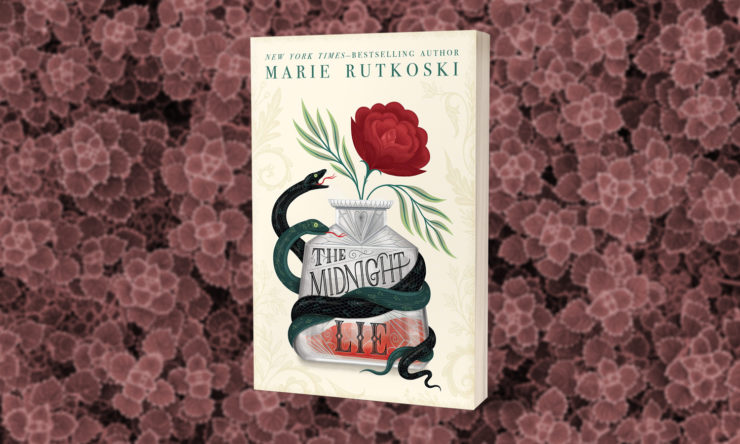
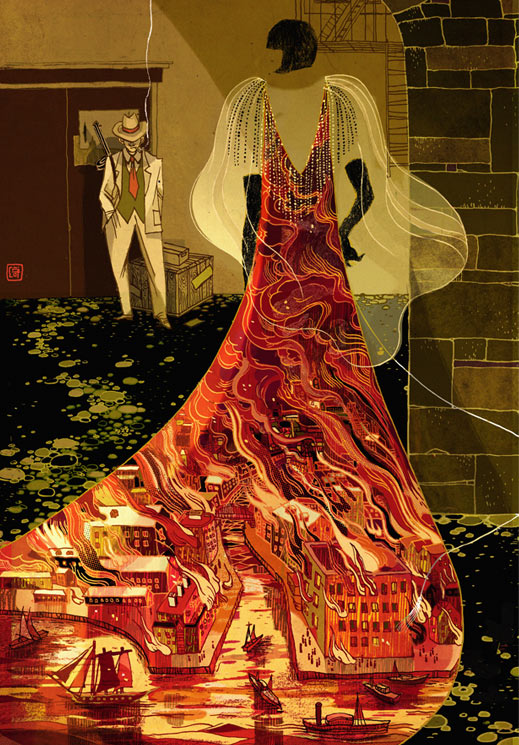
“Time is an illusion. Lunchtime doubly so.”
Douglas Adams, The Hitchhiker’s Guide To The Galaxy









